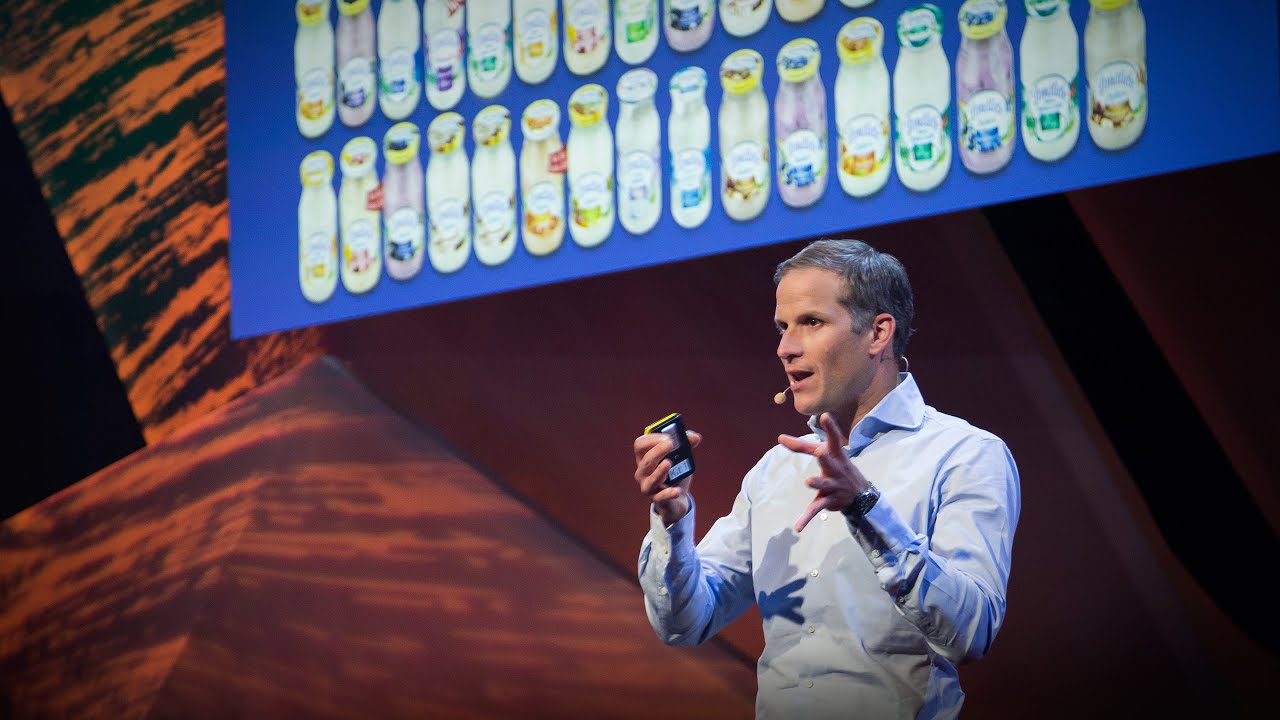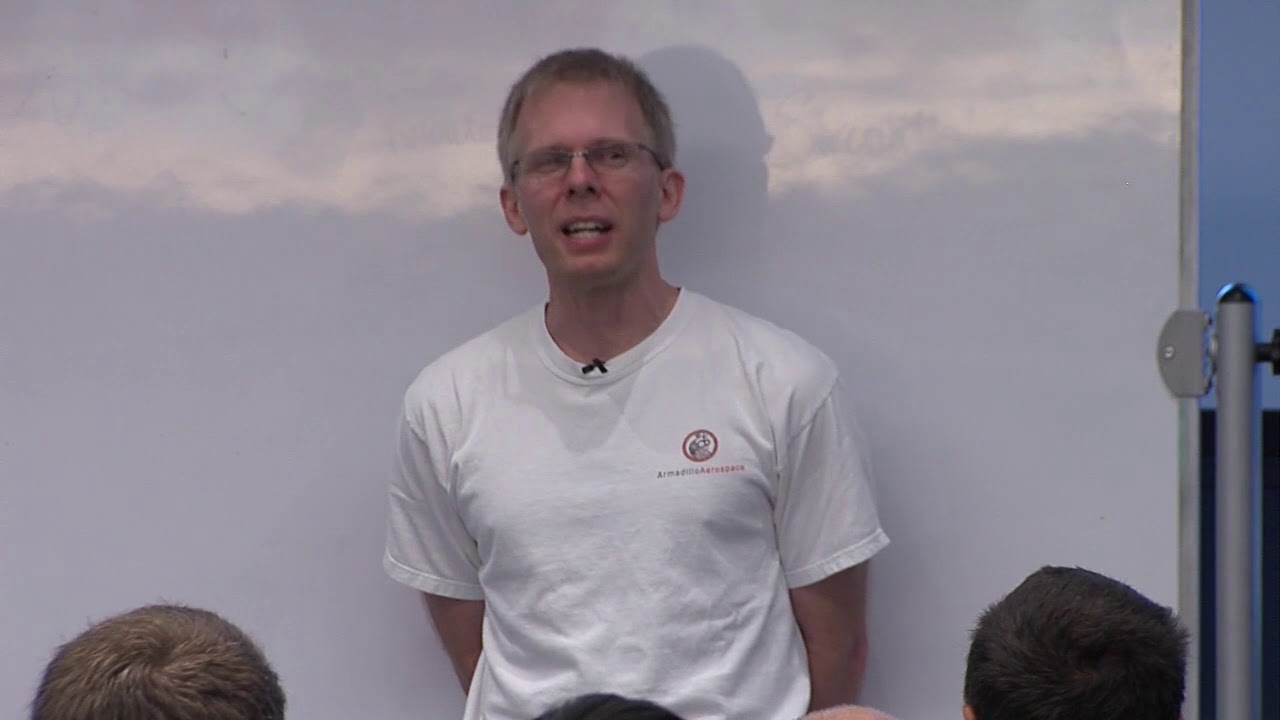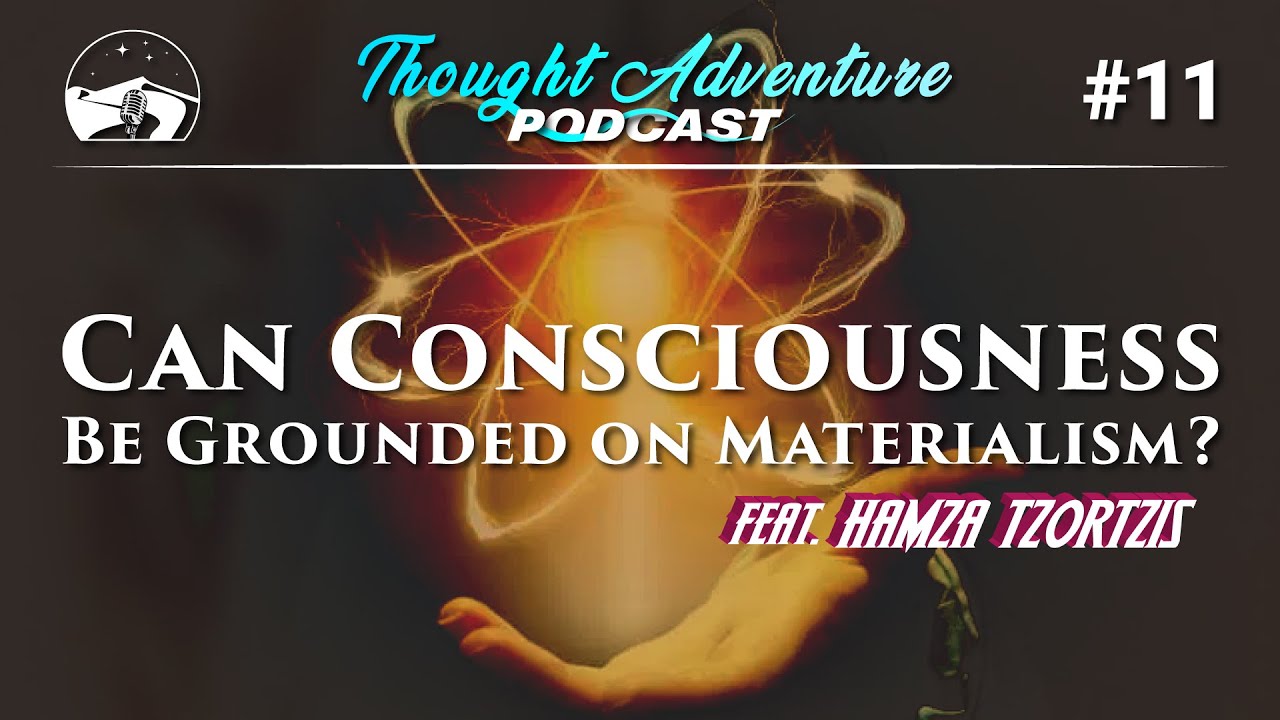TED Institute
The fourth industrial revolution is upon us: machines infused with intelligence. This transformation will transform how manufacturing works today, making it 30% faster and 25% cheaper because a machine will know when it makes a mistake and will correct itself. He estimates that the next generation of industrialization could save the food industry alone $50 billion dollars a year. Markus Lorenz explores the many ways this manufacturing revolution will impact the economy, and what kinds of other jobs this new chapter will create.
TED@BCG was a TED-curated event featuring a diverse group of speakers from across the BCG community. Jointly produced by TED and BCG, the event put a spotlight on ideas, projects and insights that will contribute to the pursuit of growing ever onward and upward.
About the TED Institute: We know that innovative ideas and fresh approaches to challenging problems can be discovered inside visionary companies around the world. The TED Institute helps surface and share these insights. Every year, TED works with a group of select companies and foundations to identify internal ideators, inventors, connectors, and creators. Drawing on the same rigorous regimen that has prepared speakers for the TED main stage, TED Institute works closely with each partner, overseeing curation and providing intensive one-on-one talk development to sharpen and fine tune ideas.
Learn more at http://www.ted.com/ted-institute
Follow TED Institute on Twitter @TEDPartners
Subscribe to our channel: https://www.youtube.com/user/TEDInstitute
Source




Try this: http://link.springer.com/article/10.1007/s11761-015-0183-0?email.event.1.SEM.ArticleAuthorContributingOnlineFirst#
The typical argument is that AI will destroy lower skill jobs, but bring much more high skill jobs. The problem is that a significant percentage of the people who need lower skill jobs do NOT have the intelectual capacity to retrain themselves to take those higher skill jobs. You cannot expect the typical shop floor operator to become a robotics engineer.
I agree with your sentiment, Sergio Sergio. Everyone cannot be retrained to do jobs that require very strong math skills. I think we are headed to a difficult period in human history.
When we tune in and watch these videos there is a temptation to want to believe everything will be alright because an engineer such as this man says so. But there are many questions he isn't answering (or even asking). The number of jobs destroyed is going to be higher than what he is saying as the technologies will be used in other sectors as they are refined. And the engineers won't be needed in nearly so many numbers. That's the point of the tech to begin with.
Increasingly, these TedTalks about Industry 4.0 are becoming pep rallies for people who consider themselves to be the up and coming masters of the universe. Everyone else is supposed to accept some kind of welfare pittance while they are all multimillionaires. That world isn't going to work out the way they think it will.
6:48 dont let donald trump supporters hear this!
A good TED talk! Just wondering when and how the 4.0 get its maturity to support the idea it derived from. If you take a look at the principles of TPS (TOYOTA PRODUCTION SYSTEM) based on staff minds and skills to create value in any step they take in order to optimize process and build the competitive edge. Automatization in this particular matter such as 4.0 does not mean to be a step with the wrong foot, but is it ready to think in KAIZEN way – create value steps instead of speeding up waste? // The idea to write in here crossed my mind when recalling a visit in Japan, Nagoya, Motomachi TOYOTA plant with German process engineers who got to know that their internal logistics based on robots is way less efficient than this one we could see at TOYOTA created by shop floor people during KAIZEN sessions…Eiji Toyoda used to say "Before cars, make people" is it still valid?
create billions of unemployment
He is gay!
Yay we r gonna lose to those smart machines.Then lets make the "Smart Machines" make energy barriers around that crashed helicopter. and lets be fat and lazy! (totally not being sarcastic.)
On that helicopter example, I would have added the easiest way to solve the problem with IoT / Industry 4.0: AVOID the break down at all. Predictive Maintenance will at least lower the risk of a helicopter breaking down in the middle of nowhere, because it would raise a warning before anything will happen.
"machines will not be able to do the work on their on" and then comes AI
Machines will also destroy man kind. You stupid fuckin idiot.
This bastard thinks Africa doesn't have mechanics or aviation/mechanical engineers capable of fixing a helicopter stuck in Africa…
Fourth industrial revolution is certainly going to be a disaster for more populated countries in the world and this could even leader to third world war.
#Industry4.0 Market: By Technology (Big Data and Analytics, Augmented Reality, Autonomous Robots, Simulation, Horizontal and Vertical System Integration, Cloud Computing, Cyber Security, Internet of Things (IoT)); By Component (Transmitter, Memory, Others); By Industry Verticals (Energy, Healthcare, Transportation, others); By Connectivity (Wired, Wireless, Cellular, others) & By Geography – Forecast (2018-2023)
Request for free sample @ https://lnkd.in/gaYh8ZU
I don't imagine people will just starve to death slowly as the jobs start being lost. People will adapt and retrain themselves.
Being an automation engineer, I worry about the low skilled jobs which machines will be taking over which translates to more poverty and chaos. In parallel, the job which will be created will require high skill set. and in no way, a simple guy can learn those skills. No way, even for me as a professional guy, these things makes you go crazy before you learn them.
It’s…..here!!!!
What if i tell you 4.0 industry allow you to feed family without going to job
what a fake news… 4.0 is not about industrialization and automation… have you ever went to a Mechanical Engineer Course?